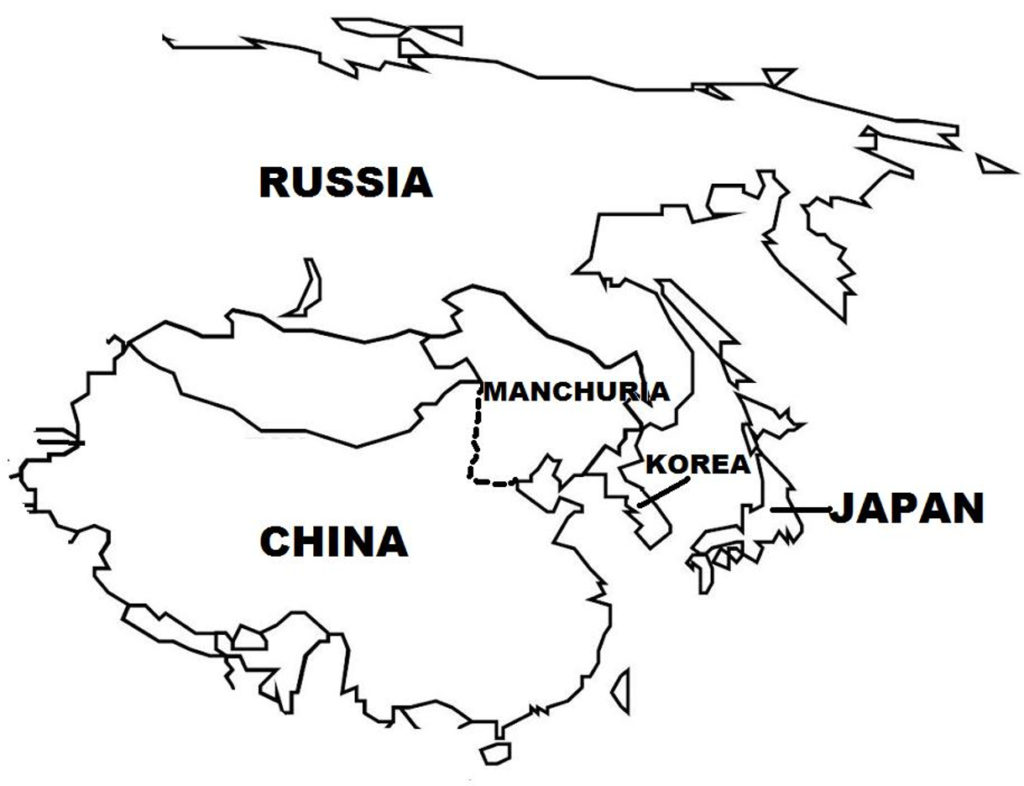On August 22, 1910, Japan annexed Korea with the signing of the Japan-Korea Annexation Treaty. The annexation was the culmination of Japan’s gradual domination over Korea over the years following a bilateral treaty in 1905 where Korea became a protectorate of Japan, and another treaty in 1907 where Korea ceded administration of its internal affairs to Japan.
The 1910 annexation became effective on August 29, which included the first article: “His Majesty the Emperor of Korea makes the complete and permanent cession to His Majesty the Emperor of Japan of all rights of sovereignty over the whole of Korea”. The Korean crown later denounced the treaty, saying it had been signed under duress.
The annexation came following Japan’s victory over Russia in the Russo-Japanese War for control of Korea and southern Manchuria.

(Taken from Wars of the 20th Century -Twenty Wars in Asia)
Aftermath of the Russo-Japanese War Despite its defeat, Russia continued to be regarded as a major European power. Russia’s greatest loss was its prestige, as it had been humiliated by a tiny Asian nation, and one that had only recently modernized. The Russian monarchy was weakened politically by the war and from the internal unrest in 1905, but survived twelve more years in power. In March 1917, following another revolution amid the Russian defeats in ongoing World War I, Tsar Nicholas II was forced to abdicate the throne, and the Russian monarchy came to an end.
In Japan, the immediate effect of the war was outrage and frustration by the Japanese people, who believed that their nation had been deprived of greater benefits from the war, particularly war reparation and more territory. Protest demonstrations broke out in the cities, which sometimes degenerated into violence and riots. People were angry at their own government for agreeing to the treaty, and also at U.S. President Roosevelt, whom they accused of siding with the Russians during the negotiations.
However, for Japan, the long-term effects of the war were much more favorable, as it became the supreme power in East Asia, and its status as an equal of the major European powers was strengthened. In August 1910, Japan abrogated Korea’s nominal independence (long recognized by the major powers) and annexed Korea, generating no response from the European powers. Japan then continued to expand militarily.
Japan’s victory in the Russo-Japanese War also dashed the then prevailing notion that Caucasians were military superior to Asians. Japan’s feat also gave hope to the colonized peoples of Southeast Asia (e.g. Vietnamese, Indonesians, Filipinos, etc) who were aspiring for independence from their European and American colonial masters.
